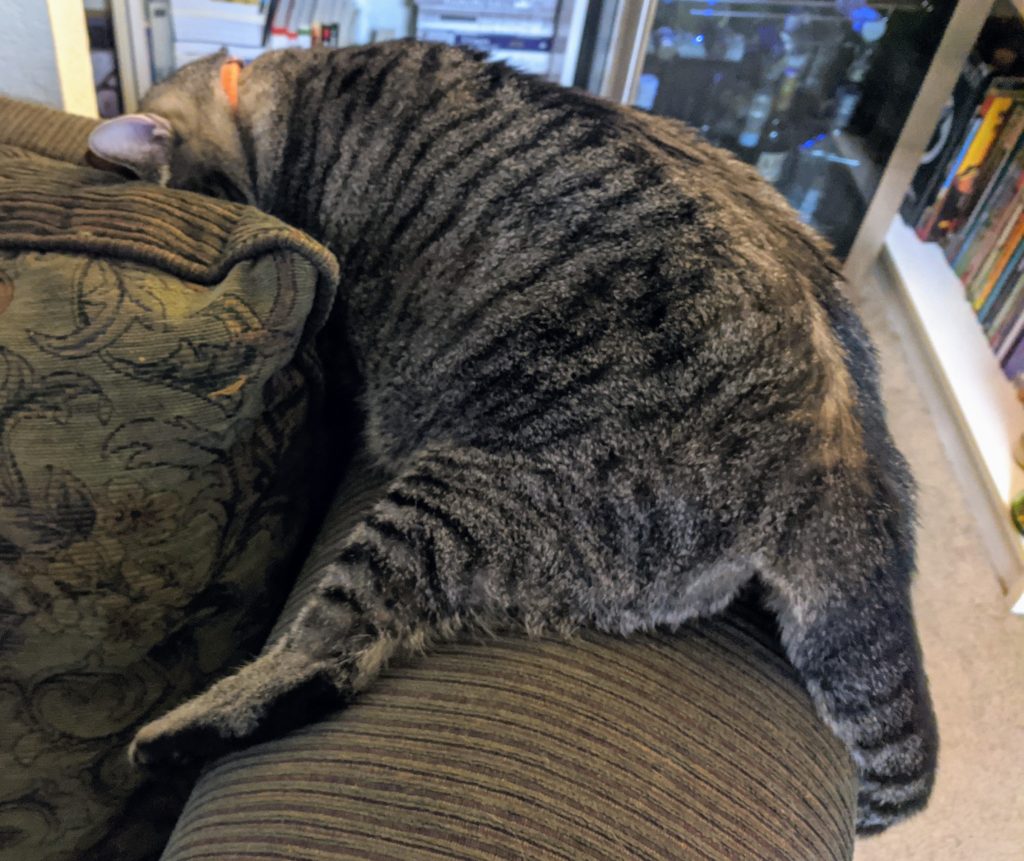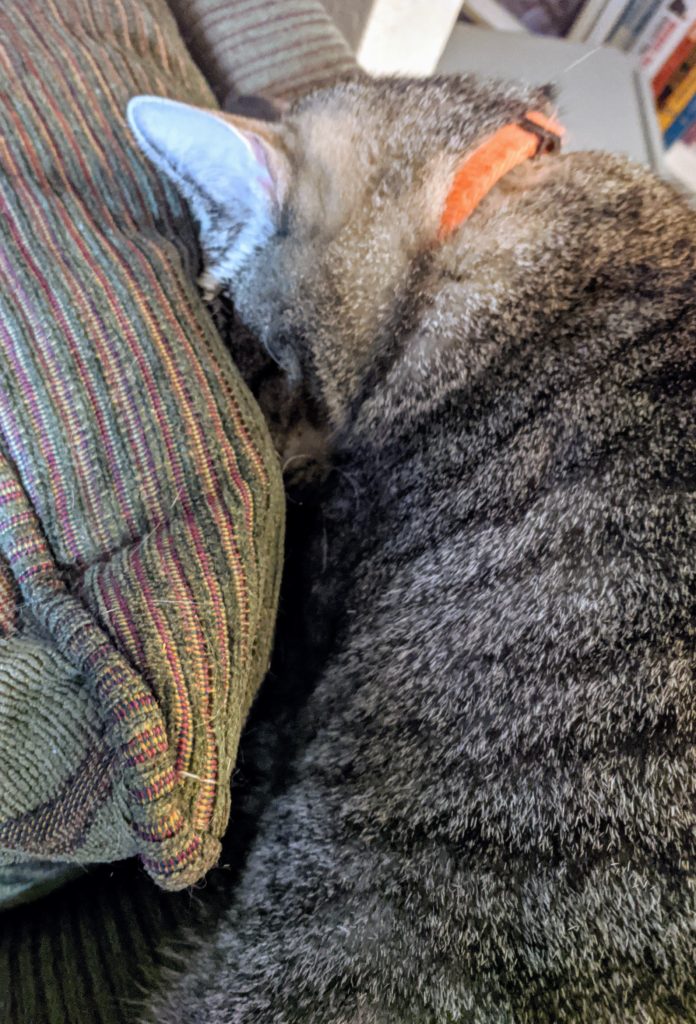Many years ago, I wrote a post about a guy who scared me off poly dating, P.
He pressured me into defining myself as poly (in his terms) and delimiting my dating choices very quickly into the relationship.
In Iceland, Melissa and I talked about it, and I knew I had to break up with him.
He had been wanting to come over when I got home, and I knew I wouldn’t be able to handle that.
Part of the problem of our relationship was the endless nagging and pressure, and I know I couldn’t cope with breaking up with him in person at my house after about twenty-four hours of travel, since that would also be an invitation for nagging and pressure.
And so I called him on a layover to tell him not to come.
(I apologized for doing it over the phone, multiple times.)
He has gotten in touch a couple of times over the years, and I’ve told him I’m not interested in resuming a relationship.
He got in touch with me again this week.
He says it’s not because he wants to date me, but because he misses me. I reminded him that we dated for a few weeks half a decade ago, that we were never intertwined in each other’s lives, and that I hadn’t enjoyed most of the few weeks we had spent together, so I didn’t miss us.
His attempt at reconnection did give me an opportunity to check something, though.
Whenever there’s a breakup, a relationship, a conversation, the two people remember it differently.
We construct a narrative that we think is true.
So I asked him what his narrative about our breakup was.
He said that he’d misinterpreted my asking for space to mean not to contact me much when I was in Iceland, and that I’d broken it off because we didn’t talk much that week.
He said that’s what I implied when I called him from the airport.
I remember mentioning us not talking much that week, but it was toward the latter middle of the call. And that’s not at all why I broke it off.
In my memory, during the layover call, he was trying to convince me to still let him come over. He said that we had to decide, as a couple, that a breakup was the thing to do. And I said breakups could be unilateral decisions.
He said he also wanted to talk to me because he’d taken a job in Reno, and we needed to figure out how to maintain our relationship, like maybe I would go to Reno one or two nights a week.
The Reno thing made me feel even better about my decision. There was no way in hell I was going to drive to Reno all the time.
A reference to not talking much while I was in Iceland came up here, as I pointed out that we obviously weren’t in the kind of heavy duty relationship he kept insisting we were in if he could take a job in Reno without mentioning it to me for days and days.
None of this really matters now, of course, but I wonder what narratives I have that are wrong.
(Can any of them be wrong, fellow postmodernists, when there is no truth?)
In a breakup a few years ago, I witnessed the construction of an alternate narrative. I was trying to explain to someone that I wasn’t happy, that I hadn’t been for a while.
“At first, I thought it was because I’m working so hard, but then I realized it was the relationship that isn’t working for me.”
“Of course,” he said. “You have been working hard. And I can see why it would be hard to be in a relationship with you working so much.”
And I just shut up.
He didn’t ask me what about the relationship didn’t work.
He had his narrative.
And I had mine.










Recent Comments